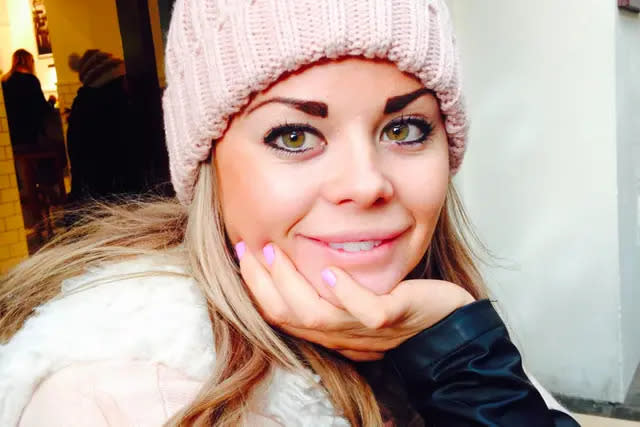Brazilian butt-lift surgery death prompts meeting between UK and Turkish officials

UK government officials are set to meet with their Turkish counterparts after the death of a woman prompted concerns that people underestimate the risks of pursuing cosmetic surgery overseas.
The Foreign Office issued a warning to Brits travelling to Turkey for medical treatments in July, after learning of 25 people who have died there since January 2019.
Among them is Melissa Kerr, 31, who died after travelling to a private hospital in Istanbul for a “Brazilian butt-lift” in 2019.
Her death led Jacqueline Lake, the senior coroner for Norfolk, to decide to write to former health secretary Steve Barclay over concerns that Ms Kerr was only given “limited information regarding the risks and mortality rate” associated with the procedure.
Health minister Marie Caulfield has now confirmed that officials from the Department of Health and Social will be "visiting Turkey shortly to meet with their counterparts".
Ms Caulfield offered her "heartfelt condolences" to Ms Kerr's family, adding: "It is vital that we take the learnings from what happened to her in order to prevent future deaths."
She said the government was aware checks made by some countries offering "healthcare tourism... may not match UK regulatory standards" but that "such transparency and standardisation are important to reduce potential risks to patients".
"The intention is to discuss the regulatory framework, and the protections that are in place for UK nationals, and to identify concrete areas where the UK and Turkish authorities should work together to reduce the risks to patients in the future", she said.
She continued: "It is particularly important that those considering having the 'Brazilian Butt Lift' (BBL) procedure are made fully aware of the risks and have time to reflect fully on their decision ahead of surgery.
"The risk of death for BBL surgery is at least 10 times higher than many other cosmetic procedures, and it has the highest death rate of all cosmetic procedures.
The government was considering how to "effectively communicate" information about the risks of goingabroad, she said.
BBL - where fat is injected into the buttock muscles to make them larger - is in huge demand, despite being one of the most deadly cosmetic treatments in the world.
The danger comes if fat is injected into the wrong place. If it gets into the bloodstream, rather than staying in the muscle, it can travel to the heart, lungs or brain causing a blockage, known as an embolism.
A report by the Aesthetic Surgery Education and Research Foundation in Aesthetic Surgery Journal in 2017 noted that one to two out of every 6,000 surgeries resulted in death, the highest mortality rate for any cosmetic surgery.
In 2018, the British Association of Aesthetic and Plastic Surgery told surgeons not to offer the practice, though they could not ban it outright.
Ms Kerr, a psychological wellbeing practitioner from Denton, Norfolk, died after injected fat entered a vein before blocking her pulmonary artery. Her cause of death was recorded as a pulmonary thromboembolism.
Simon Withey, a consultant plastic surgeon who was asked to review evidence in the case, said that the death rate associated with BBL was "likely to be in excess of one in 4,000".
He said it was "quite possible" that if the dangers of the operation had been outlined to Ms Kerr before "she was financially committed to proceed, she would not have done". The procedure was arranged over WhatsApp and Ms Kerr agreed to pay £3,200 in cash for the operation.
In messages, she said that she felt "a bit nervous" and asked to see photographs of previous patients on four occasions. There is no evidence that they were provided.

 Yahoo News
Yahoo News 
